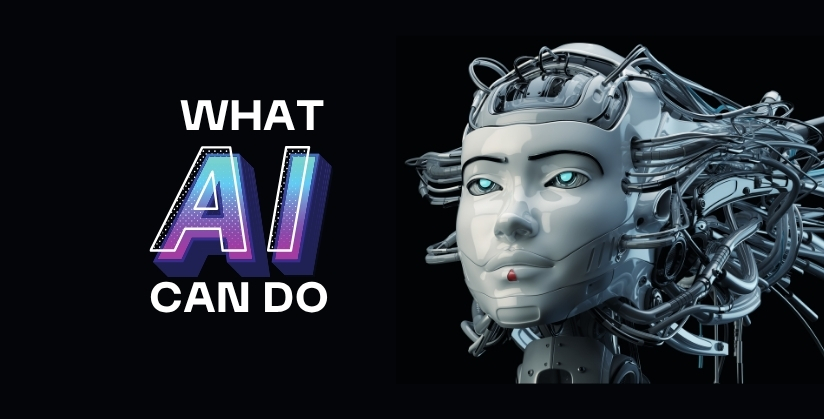
AI in Digital Marketing: Transforming the Future of Business Growth
Introduction:
Artificial Intelligence (AI) is no longer a futuristic concept—it’s already shaping the way businesses market their products and services. From personalized customer experiences to data-driven ad targeting, AI in digital marketing is helping U.S. companies work smarter, faster, and more efficiently. For businesses looking to stay ahead of the competition, understanding how to use AI tools is no longer optional—it’s essential.
What Is AI in Digital Marketing?
AI in digital marketing refers to the use of machine learning, automation, and data analysis to improve marketing strategies. Instead of relying only on guesswork or manual research, AI helps businesses make smarter decisions by analyzing consumer behavior, predicting trends, and delivering the right message to the right person at the right time.
Benefits of Using AI in Digital Marketing
1. Smarter Customer Insights – AI-powered tools analyze large amounts of customer data to identify buying habits, preferences, and future behavior. This allows businesses to create highly targeted campaigns.
2. Personalized Marketing at Scale – From customized product recommendations on e-commerce sites to personalized email campaigns, AI ensures every customer feels like the brand understands them.
3. Improved Advertising Efficiency – AI helps optimize PPC ads, predict bidding strategies, and show ads to the audiences most likely to convert. This reduces wasted ad spend and increases ROI.
4. Better Content Creation and Curation – AI tools suggest blog topics, social media captions, and even video ideas based on trending data—helping marketers create relevant content faster.
5. 24/7 Customer Support with Chatbots – AI-driven chatbots provide instant responses, answer FAQs, and guide users through their buying journey, improving customer satisfaction.
Examples of AI in Digital Marketing
• Chatbots and Virtual Assistants – Brands use chatbots on websites and social media to answer customer questions instantly.
• Predictive Analytics – Retailers use AI to predict which products will be in demand.
• Voice Search Optimization – With AI-driven tools like Alexa and Siri, businesses now optimize for conversational queries.
• Dynamic Pricing – E-commerce companies use AI to adjust prices in real-time based on demand and competition.
Challenges of AI in Digital Marketing
While AI offers many benefits, businesses also face challenges:
• High initial investment in AI tools
• Privacy concerns with data collection
• Dependence on technology without human creativity
Balancing AI automation with human insight is key to sustainable success.
The Future of AI in Marketing
AI will continue to reshape how businesses connect with customers. Expect more advanced personalization, voice search dominance, and smarter automation across platforms. Companies that embrace AI today will stay competitive tomorrow.
Conclusion
AI in digital marketing is revolutionizing how businesses understand customers, run campaigns, and measure results. By blending data-driven AI tools with human creativity, U.S. businesses can boost efficiency, enhance customer experiences, and achieve long-term growth.

